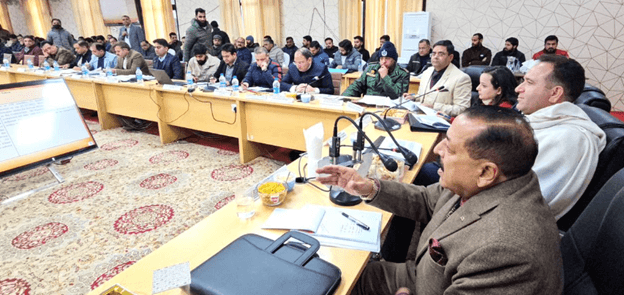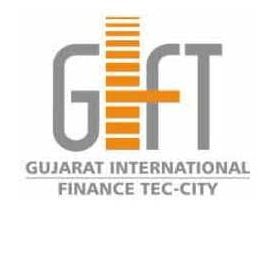Nuclear: Deal Sealed

Japan has signed a landmark civil nuclear deal with India and would supply Japanese atomic technology and reactors, after adding features like safety and security keeping in mind its sensitivities on the issue.
The nuclear deal, described as historic by Prime Minister Narendra Modi, was part of the 10 agreements signed between the two countries in various areas after he held talks with his Japanese counterpart Shinzo Abe on the second day of his three-day visit, reported Press Trust of India.
The nuclear agreement was sealed after six years of negotiations between the two countries.
The nuclear deal was similar to the agreements signed with the US and other countries with added features on safety and security in keeping with Japan’s sensitivities, Foreign Secretary S Jaishankar said in Tokyo on Nov 11, 2016.
Jointly addressing media with Modi, Abe said he was delighted over the signing of the agreement on peaceful use of nuclear energy, which observers said was crucial to cope with India’s insatiable electricity demand especially its importance for the ongoing industrialization programmes.
“This agreement is a legal framework that India will act responsibly in peaceful uses of nuclear energy and also in Non-Proliferation (Treaty- NPT) regime even though India is not a participant or signatory of NPT,” Abe stressed.
“It (the agreement) is in line with Japan’s ambition to create a world without nuclear weapons,” said Abe, whose country has traditionally adopted a tough stand on proliferation issues having been the only victim of atomic bombings during World War II.
“Today’s (Nov 11) signing of the Agreement for Cooperation in Peaceful Uses of Nuclear Energy marks a historic step in our engagement to build a clean energy partnership,” Modi said.
“Our cooperation in this field will help us combat the challenge of climate change. I also acknowledge the special significance that such an agreement has for Japan,” he said and thanked the Japanese for their support to the nuclear agreement.
The deal would allow Japan to export nuclear technology to India, making it the first non-NPT signatory to have such a deal with Tokyo.
Abe has pushed for universalisation of the NPT, entry into force of Comprehensive Nuclear-Test-Ban Treaty (CTBT) and start of negotiations at the earliest on Fissile Material Cutoff Treaty (FMCT).
“The two Prime Ministers welcomed the signing of the Agreement between the Government of Japan and the Government of the Republic of India for Cooperation in the Peaceful Uses of Nuclear Energy which reflects a new level of mutual confidence and strategic partnership in the cause of clean energy, economic development and a peaceful and secure world,” said a joint statement.
Touching on bilateral economic and trade ties, Modi said deeper economic engagement, growth of trade, manufacturing and investment ties, focus on clean energy, partnership to secure the citizens, and cooperation on infrastructure and skill development are among key priorities in the Indo-Japan relationship.
“India and its economy are pursuing many transformations. Our aim is to become a major centre for manufacturing, investments and for the 21st century knowledge industries.
“And, in this journey, we see Japan as a natural partner. We believe there is vast scope to combine our relative advantages, whether of capital, technology or human resources, to work for mutual benefit,” he said in his joint interaction.
Abe highlighted the high-speed train corridor being built between Mumbai and Ahmedabad with the help of Japan as a project that symbolised a new dimension in the special relations between the two countries.
Prime Minister Abe confirmed the designing of the project would begin by the end of this year, construction would begin in 2018 and the high speed train would be in service from 2023.
The Japanese private sector also would be setting up an institute of manufacturing in India to train about 30,000 people in 10 years, particularly in rural areas, Abe said.
Abe said Japan would set up a tourism bureau in New Delhi to encourage people-to-people contacts, and assured he would work with Prime Minister Modi in liberalising the visa rules.
Japanese investment in India had gone up and priority would be given to infrastructure projects, including the dedicated freight corridor and Delhi-Mumbai Industrial Corridor, said Jaishankar.
The “full architecture” to take forward the eco-cooperation was one of the major highlights of the talks, he added. fii-news.com









